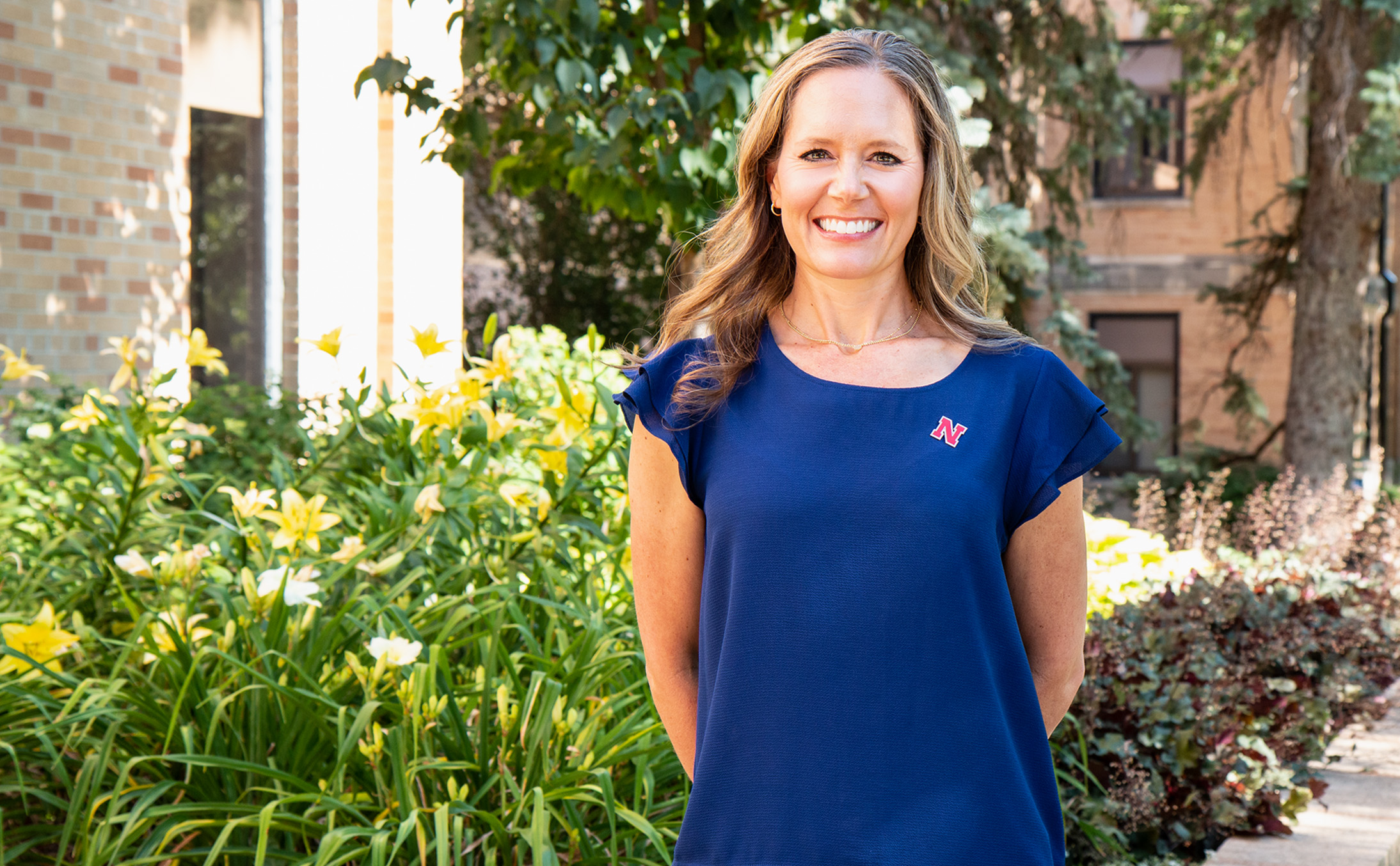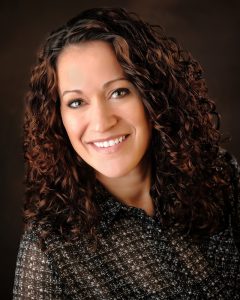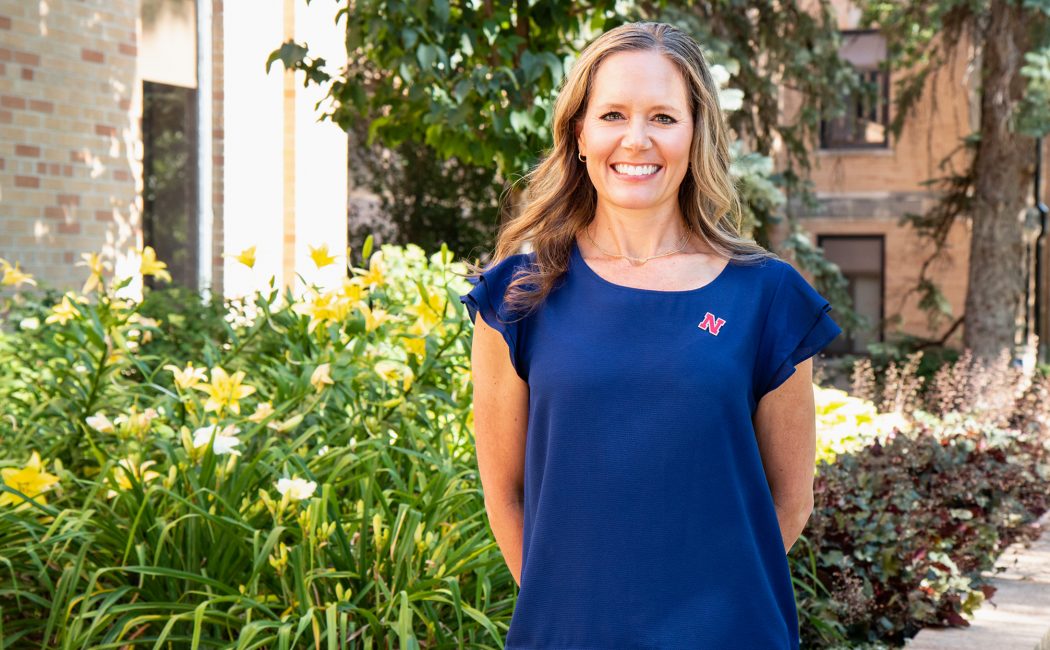
Making sure rural youth have enough to eat is important for both their health and education. Attending school with an empty stomach affects a student’s ability to focus and learn, making proper nutrition essential for academic success.
Nebraska Extension educators Beth Nacke and Natalie Sehi are leading research focused on adolescent nutrition insecurity. They recently worked with the MAP Academy to create a database to analyze the nutritional and economic impact of Nebraska Extension’s statewide Monthly Meal Kit program.

Modeled after popular backpack food programs that target elementary school students, the Monthly Meal Kit focuses on rural Nebraska middle school and high school students — about 350 participants — who receive monthly coupons for fruits and vegetables, lean meats, dairy, eggs and other food items.
Once coupons are redeemed, Nacke and Sehi receive receipts attached to the coupons. After a while, they began to pile up.
“We found ourselves with lots of raw data and nowhere to put it,” Nacke said.
With the help of a grant from the MAP Academy’s Applied Analytics and Data Infrastructure (AADI) Catalyst Program, Sehi and Nacke collaborated with Amanda Prokasky, MAP Academy senior research specialist, to make the data manageable.
Prokasky helped create a database of purchases to track the amount spent and quantity of food bought. The database also enables researchers to determine whether the program impacts students’ diet quality, and whether it allows more flexibility in personal funds to ensure there is an adequate food supply in the home.
“Working with Natalie, Beth and their team on the Monthly Meal Kit database has been inspiring,” Prokasky said. “It feels so good to be able to collaborate with new partners and help them leverage their data to track and improve their program outcomes. Tracking the real-world impact of the Monthly Meal Kit program wouldn’t have been possible without the AADI Catalyst Program.”
The MAP Academy has been phenomenal. They helped with alleviating the level of uncertainty I had about what to do with all the raw data. I feel much less-overwhelmed with all the information than when we first met.”
— Beth Nacke, co-principal investigator
Researchers are also able to track monthly orders by store and location to learn how much is spent in each county, and to identify areas for improvement in local communities for food consumption and availability.
“We want to be able to tell story of the impact this program is having on participating students, with their nutritional quality of their foods, but also the economic impact it’s having on the stores and the communities in general,” Nacke said.
Collaboration with the MAP Academy, Sehi said, has been invaluable to the project’s success.
“I really appreciate the expertise the MAP Academy has brought to this project,” Sehi said. “Amanda’s expertise in guiding us on how to build things better enables us to tell a better story, and what she’s built for us allows us to have a sustainable web platform.”
Nacke agreed.
“The MAP Academy has been phenomenal,” she said. “They helped with alleviating the level of uncertainty I had about what to do with all the raw data. I feel much less-overwhelmed with all the information than when we first met.”
